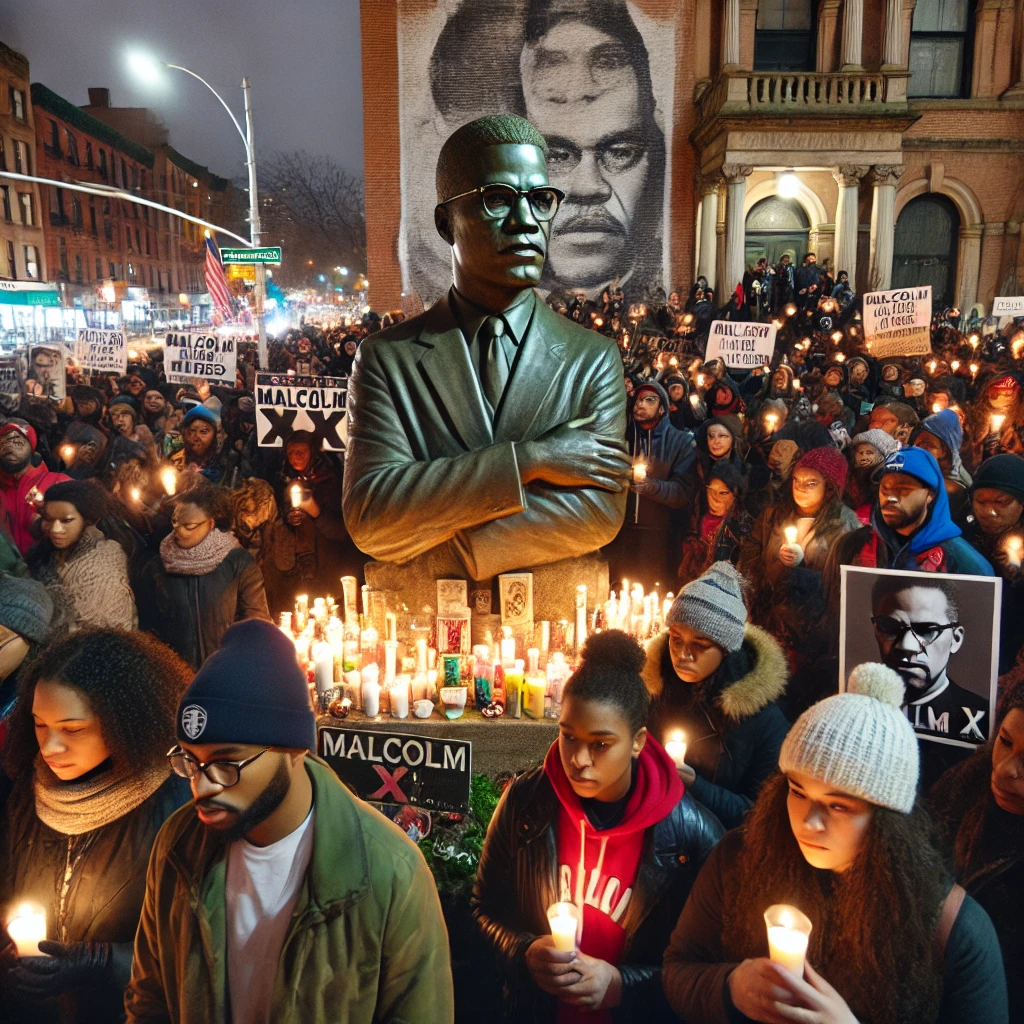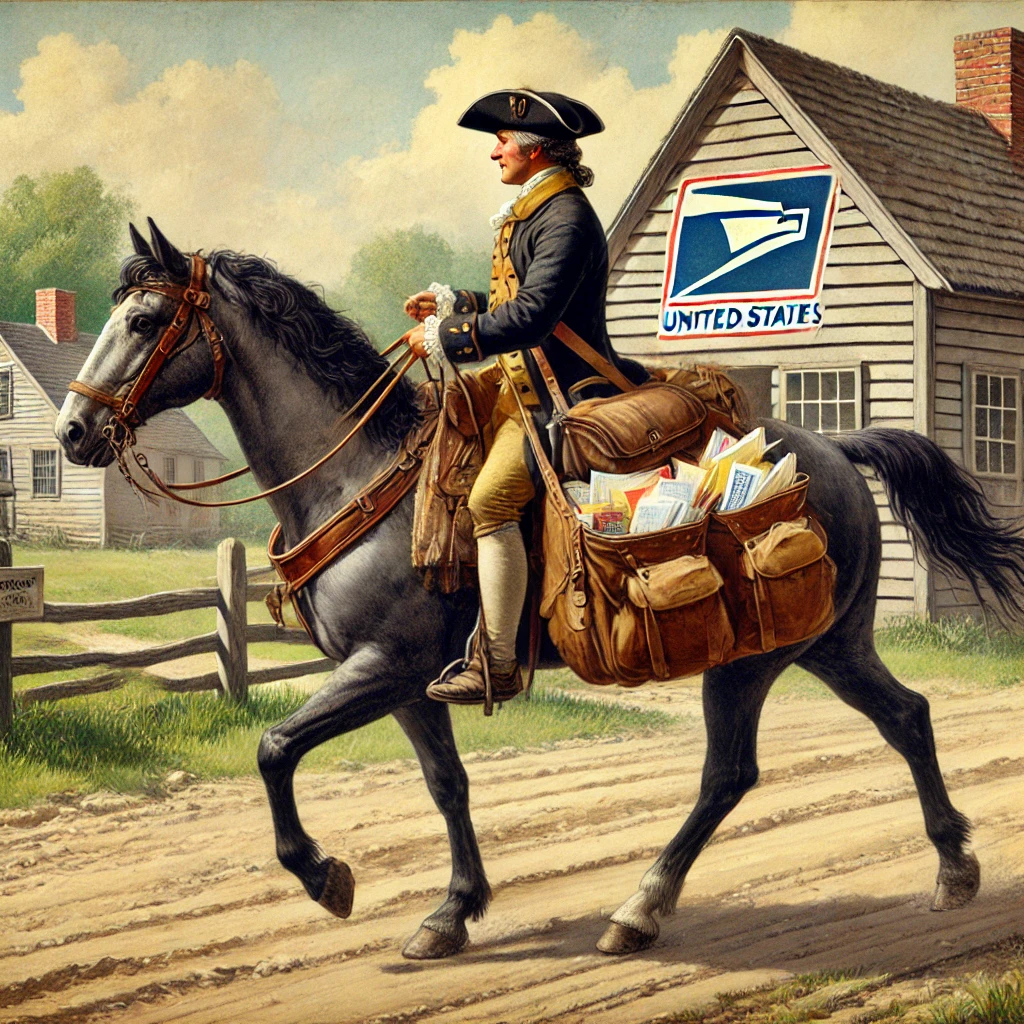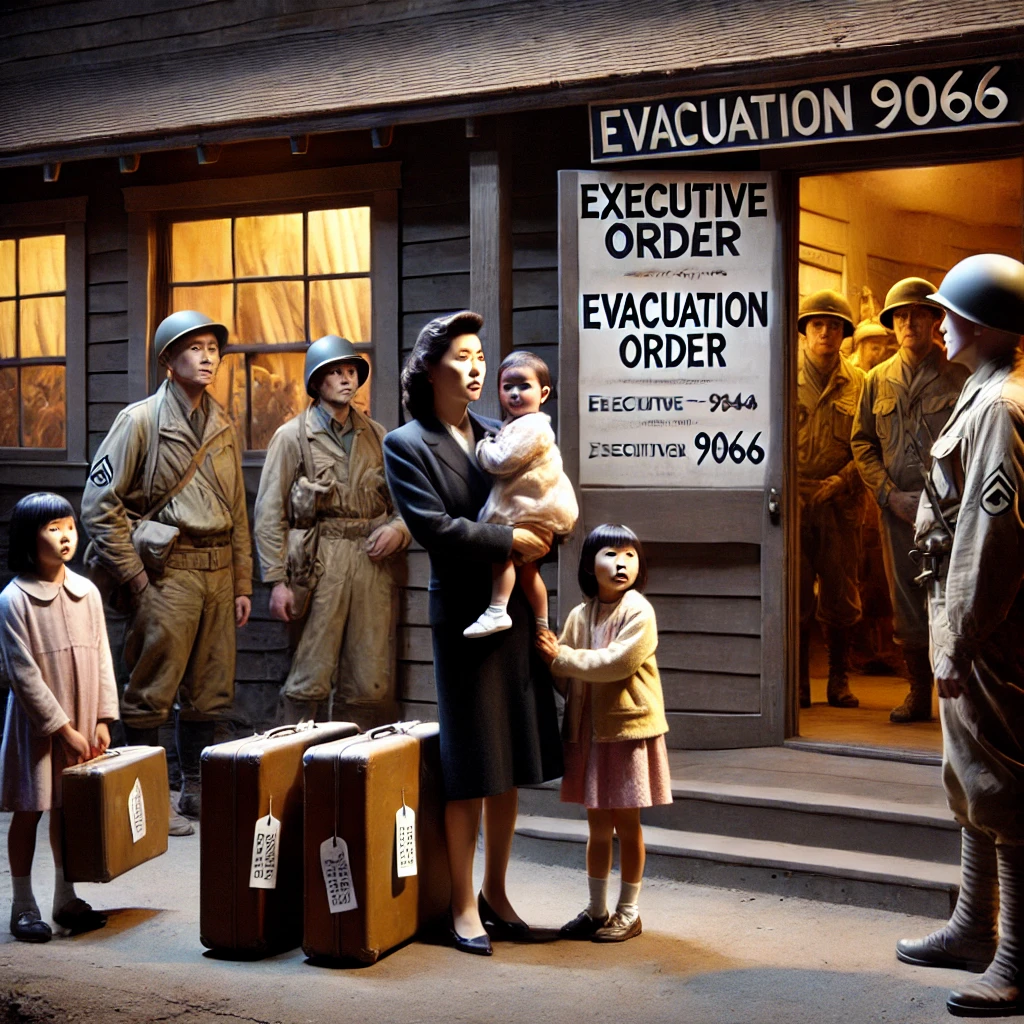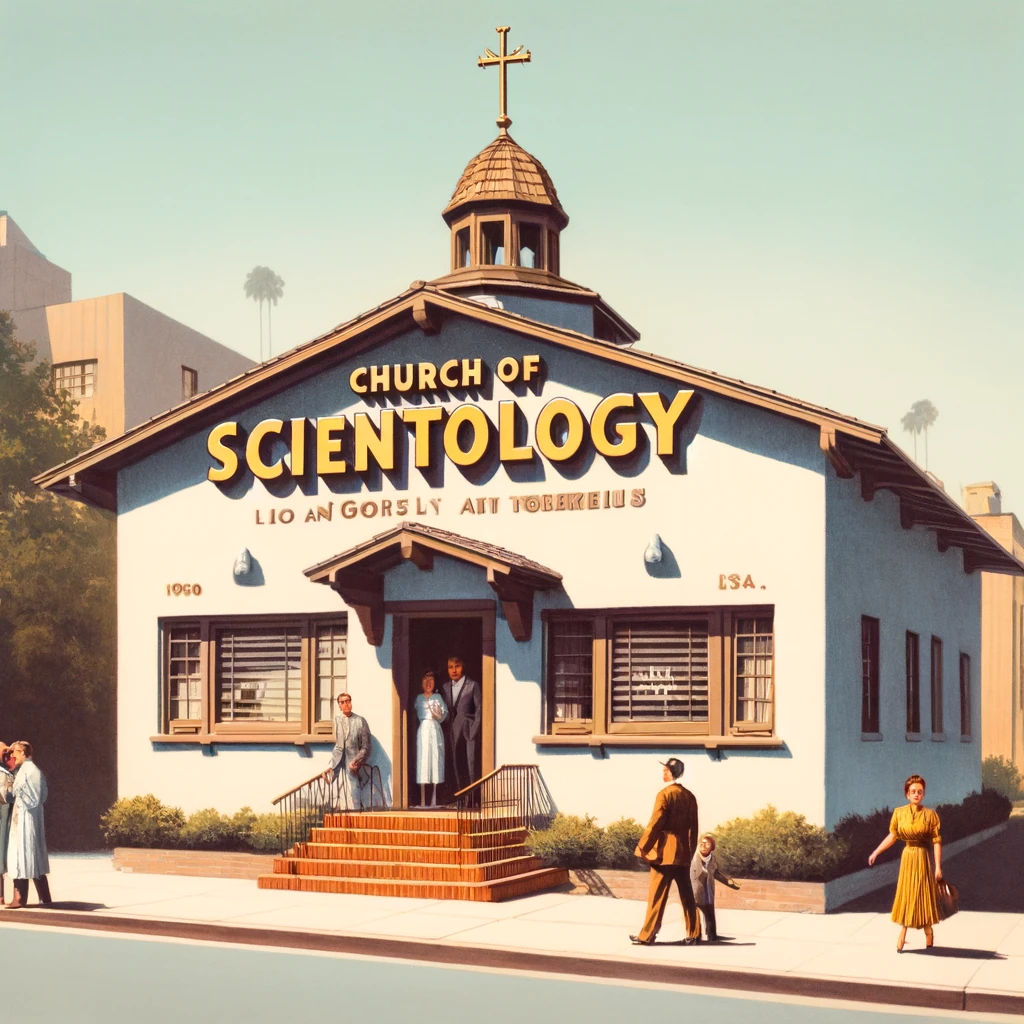The Assassination of Malcolm X: A Turning Point in the Civil Rights Movement

On February 21st, 1965, civil rights leader Malcolm X was assassinated during a speech at the Audubon Ballroom in New York City. A powerful and influential voice for Black empowerment, Malcolm X’s death sent shockwaves through the civil rights movement and the broader struggle for racial justice in America. His legacy continues to shape discussions […]
The Communist Manifesto is Published: A Blueprint for Revolution

A seminal work in political philosophy was unleashed on February 21st, 1848, with the publication of The Communist Manifesto by Karl Marx and Friedrich Engels. This revolutionary text laid out the principles of communism and sparked transformative social movements across the globe. The Manifesto not only critiqued capitalism but also called for the proletariat—the working […]
The Assassination of James I of Scotland: A Murder That Shook the Monarchy

On this day in 1437, King James I of Scotland was assassinated at the Blackfriars Monastery in Perth. James I’s reign was marked by political intrigue and his attempts to consolidate royal power, but his untimely death sent shockwaves through the Scottish monarchy. His murder was not just an act of treason but a pivotal […]
John Glenn Orbits the Earth: A Giant Leap for American Space Exploration

On February 20th, 1962, American astronaut John Glenn became the first person to orbit the Earth aboard the Friendship 7 spacecraft. Glenn’s historic flight marked a significant milestone in space exploration and the ongoing quest to explore the cosmos. His mission was a critical achievement for NASA and the United States during the intense Space […]
The Birth of a Cultural Icon: The Metropolitan Museum of Art Opens in New York City

A cultural landmark was born on February 20th, 1872, as the Metropolitan Museum of Art opened its doors to the public in New York City. Since its inception, the Met has become one of the world’s most renowned art museums, showcasing a vast collection spanning thousands of years of human creativity. What began as a […]
The Birth of the United States Post Office: A Milestone in American Communication

A cornerstone of American communication was laid on February 20th, 1792, with the establishment of the United States Post Office. This pivotal moment in history paved the way for the development of the postal service as a vital component of national infrastructure. The creation of a standardized mail system not only ensured the secure and […]
Executive Order 9066: A Dark Chapter in American History

A dark chapter in American history unfolded on February 19th, 1942, as President Franklin D. Roosevelt signed Executive Order 9066, authorizing the forced relocation and internment of over 120,000 Japanese Americans during World War II. The internment camps remain a symbol of civil rights violations and wartime hysteria. This decision, driven by fear and prejudice, […]
Thomas Edison Patents the Phonograph: A Sound Revolution

On February 19th, 1878, American inventor Thomas Edison was granted a patent for his invention of the phonograph, a device capable of recording and reproducing sound. The phonograph revolutionized the music industry and laid the foundation for modern audio technology. This groundbreaking invention not only marked a turning point in sound recording but also transformed […]
The Rescue of the Donner Party: A Tragic Tale of Survival

A harrowing tale of survival came to an end on February 19, 1847, as the remaining members of the Donner Party, a group of pioneers stranded in the Sierra Nevada mountains during a harsh winter, were rescued by a relief party. The Donner Party’s ordeal remains one of the most tragic episodes in American frontier […]
The Birth of Scientology: Establishing the First Church in Los Angeles

A significant milestone for the Scientology movement occurred on February 18th, 1954, with the establishment of the first Church of Scientology in Los Angeles, California. Founded by L. Ron Hubbard, Scientology has since grown into a global religious movement. This pivotal moment marked the formalization of Hubbard’s philosophical teachings into an organized church, setting the […]
